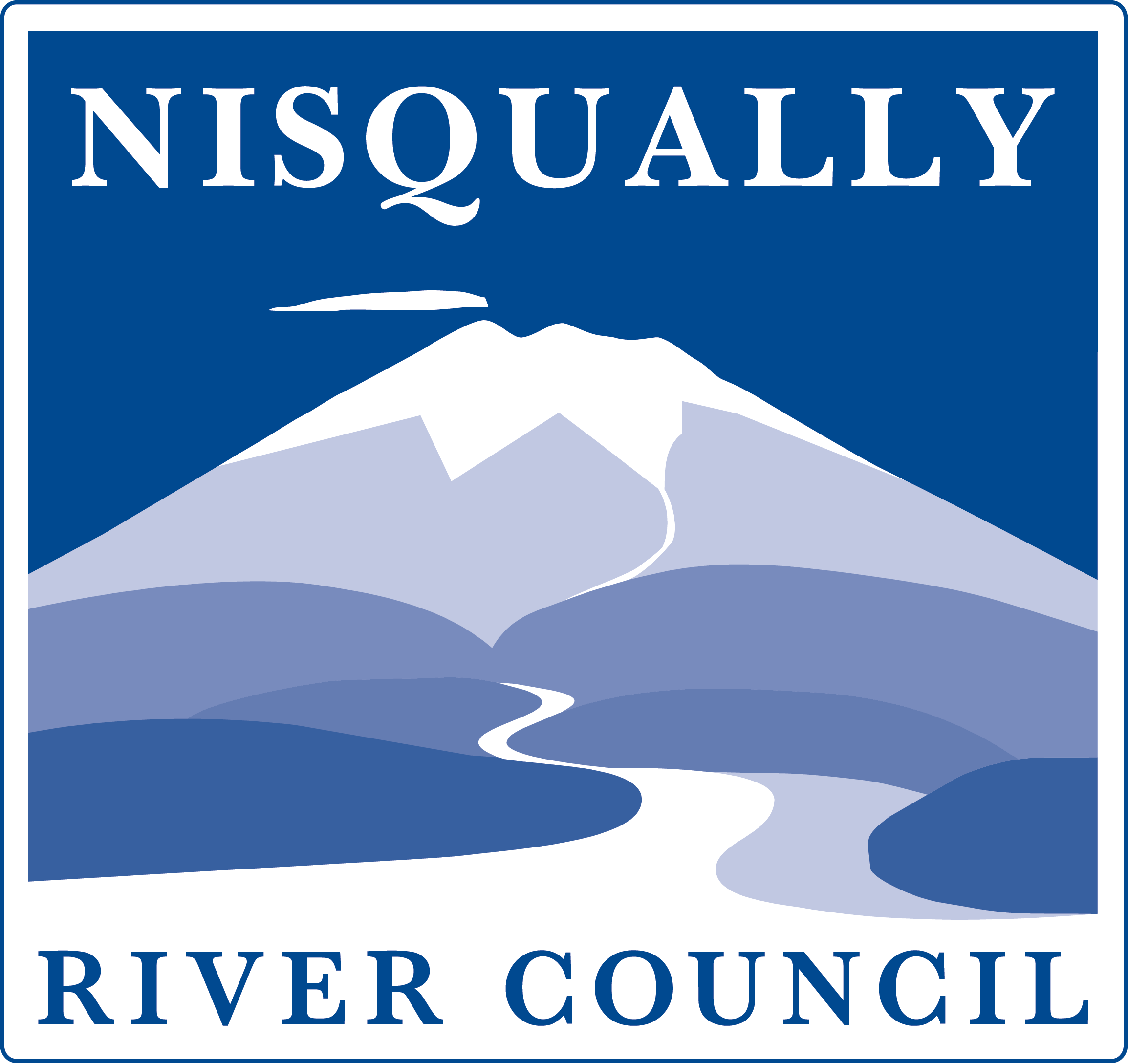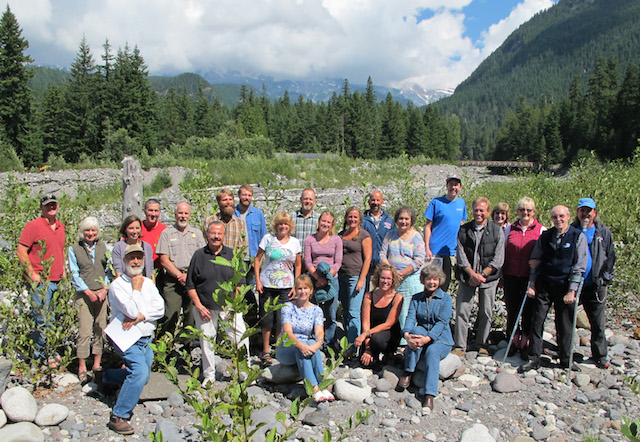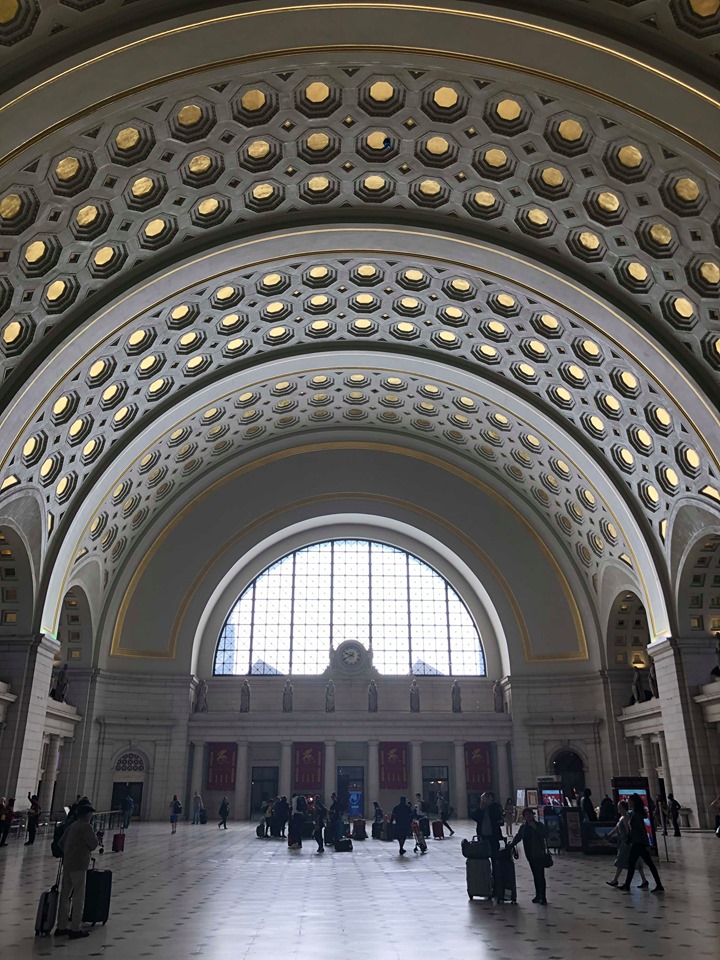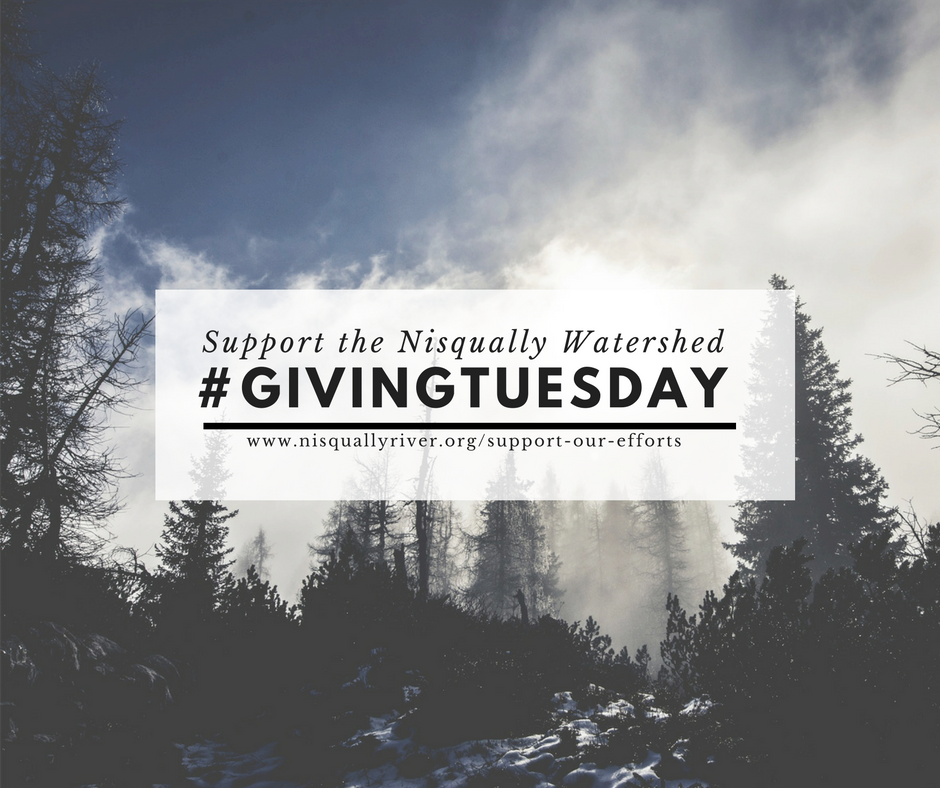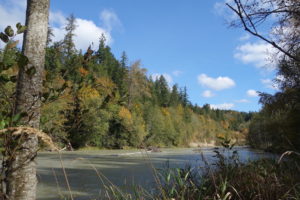
When the Nisqually River Council was formed in 1987, it was the only watershed council west of the Mississippi. Our model of collaboration was unusual and ambitious at the time: bringing tribal, state, local, and federal governments together to work with businesses, non-profits, landowners, outdoor enthusiasts, scientists, and community members for a shared vision of a healthy watershed. More than 30 years later, the NRC is still thinking big and innovating in watershed cooperation. The NRC is an integral part of regional natural resource conversations, and the center of a remarkable network of conservation success stories, from the Nisqually Delta restoration, to the protection of 76% of the mainstem Nisqually River, to an expanding Community Forest in the foothills of Mount Rainier.
As our watershed faces the future, however, we are also facing unprecedented challenges. In the Nisqually as around the state, wild salmon populations are teetering on the brink of extinction without major investments in recovery. Climate change is altering ecological processes and threatening the restoration efforts we’ve already made. And growing populations are straining community infrastructure and resources, from transportation and water systems to housing and economic opportunity.
But we know from our history that together, we are equal to these challenges. The conservation achievements in the Nisqually Watershed did not happen by accident. The health of our lands, waters, wildlife, and people relies on a shared commitment to science, stewardship, and sustainability by individuals and communities across the watershed. As we’ve done in the past, the NRC is releasing an updated Nisqually Watershed Stewardship Plan for 2020-2030, reaffirming this shared commitment and drawing on current science and initiatives to chart our path forward.
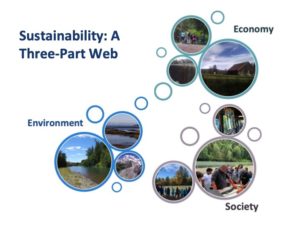
Our review and update of the NWSP was funded over the last three years by a Cooperative Watershed Management Grant from the Bureau of Reclamation, with additional support from the Washington State Legislature, the Nisqually Indian Tribe, and all the Council members. The Plan updates chapters on the NRC’s governance, committees, and initiatives, and incorporates research on the status of current programs and indicators of watershed health. Our 12 core Sustainability Goals remain in place, with the addition of a goal focused on environmental justice and equity. Most importantly, the 2020 NWSP sets out the River Council’s top priorities for the next 10 years of our work, as we strive for a an environmentally, economically, and socially sustainable watershed. Read on, and find out where we’re going, and how you can be part of our efforts!
Nisqually River Council Priority Goals for 2020-2030: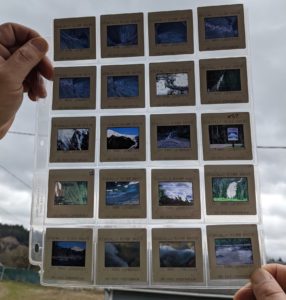
- Functioning ecosystems: continuing to protect and restore habitat, and shaping management practices so that natural processes can sustain themselves.
- Explore our extraordinary conservation partners at the Nisqually Land Trust, Nisqually Indian Tribe Salmon Recovery Program, the Nisqually Community Forest, and the Delta Restoration project at the Billy Frank Jr. Nisqually National Wildlife Refuge
- Biodiversity and species recovery: working towards the long-term recovery of our threatened Chinook salmon and steelhead, along with the watershed’s other native and endangered species.
- Environmental education and community engagement: building on the legacy of past generations who have cared for our lands and waters with outdoor education, volunteer programs, and community-wide celebrations.
- The Nisqually River Education Project, reaching over 1,000 students a year with hands-on and outdoor science and stewardship experiences
- Nisqually Watershed Festival
- Nisqually Stream Stewards and allied volunteer programs
- Sustainable resource use: supporting landowners, businesses, and local governments in practices that help the environment and watershed residents adapt and thrive in a future of climate change.
- Streamflow restoration and water management planning through the Nisqually Planning Unit
- Meet the Nisqually Community Forest (panel discussion from 2020)
- Facilitating community participation in local planning processes and supporting voluntary stewardship
- Sustainable trails and recreation: promoting access and enjoyment of our watershed’s natural and cultural heritage, while protecting sensitive landscapes and wildlife
- The Nisqually River Water Trail, an NRC initiative providing resources to boaters
- Supporting community-driven trail and park plans that balance recreational access and habitat conservation
- Sustainable communities, especially transportation: using science and collaboration to lead regional investment in infrastructure that supports a healthy environment and healthy economy.
- Read NRC Chair David Troutt’s 2021 interview with the Puget Sound Partnership on the importance of environmentally-beneficial infrastructure planning for Interstate-5 and beyond
